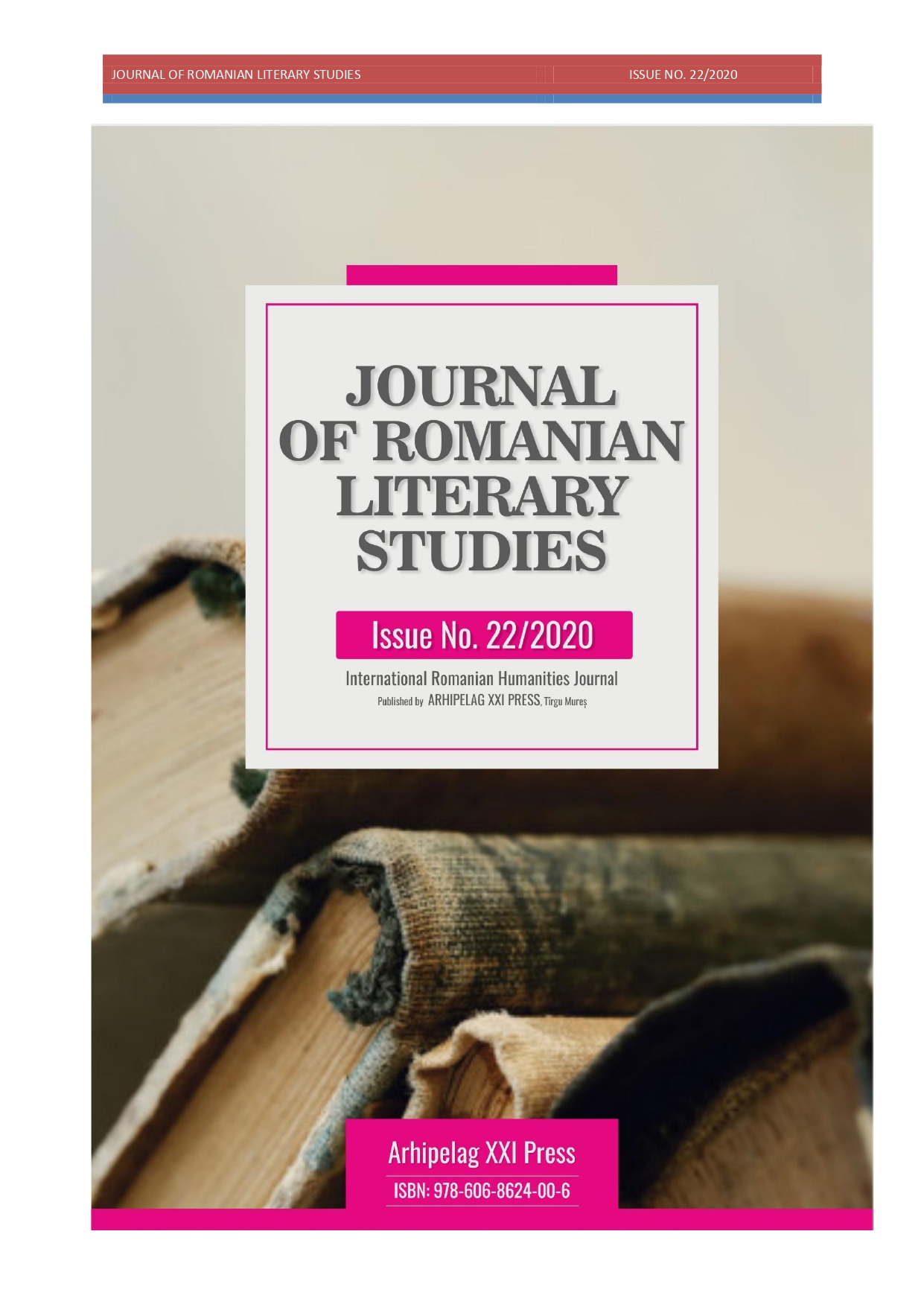TRANSHUMANIST LIMITS IN PHILOSOPHY AND SCIENCE FICTION
TRANSHUMANIST LIMITS IN PHILOSOPHY AND SCIENCE FICTION
Author(s): Lucian-Vasile SzaboSubject(s): Anthropology, Literary Texts, Studies of Literature, Applied Sociology, Social Theory, Human Ecology, Sociology of Culture, Philology, Theory of Literature
Published by: Editura Arhipelag XXI
Keywords: posthuman; transhuman; cyborg; science fiction; romanian authors;
Summary/Abstract: Practical experience has always been a source of inspiration for art, but speculative fiction authors look towards fringe areas, with their unexpected challenges and where (often tenebrous) imagination replaces facts. Going from human to posthuman (transhuman, to be more precise) is realized by means of cyborg-ing, a process that requires the replacement of certain biological components with mechanical or electronic ones, as they are considered more efficient. There are two directions: 1) a construction having the human body as a starting point, as it is alive par excellence; 2) the humanization of robots, as they acquire more human features, both physical and psychological. The purpose of this study is to show how elements of daily life are used in a scientific manner in the work of certain Romanian speculative fiction authors, particularly science fiction writers.
Journal: Journal of Romanian Literary Studies
- Issue Year: 2020
- Issue No: 22
- Page Range: 358-365
- Page Count: 8
- Language: Romanian

